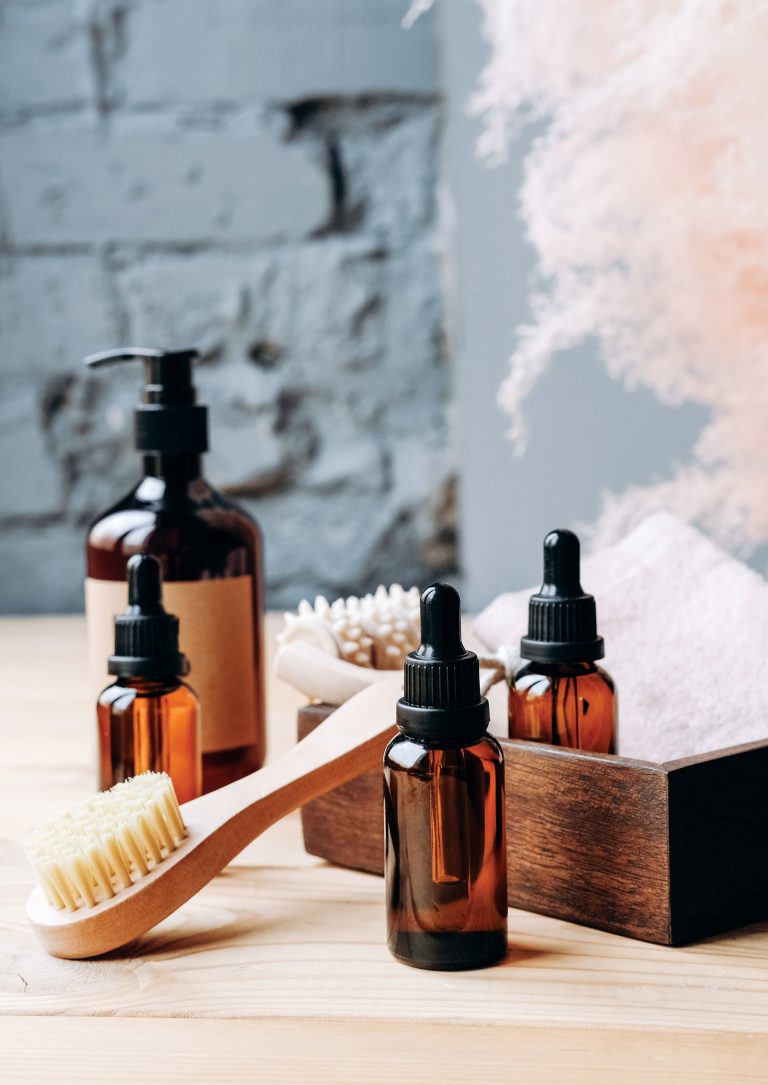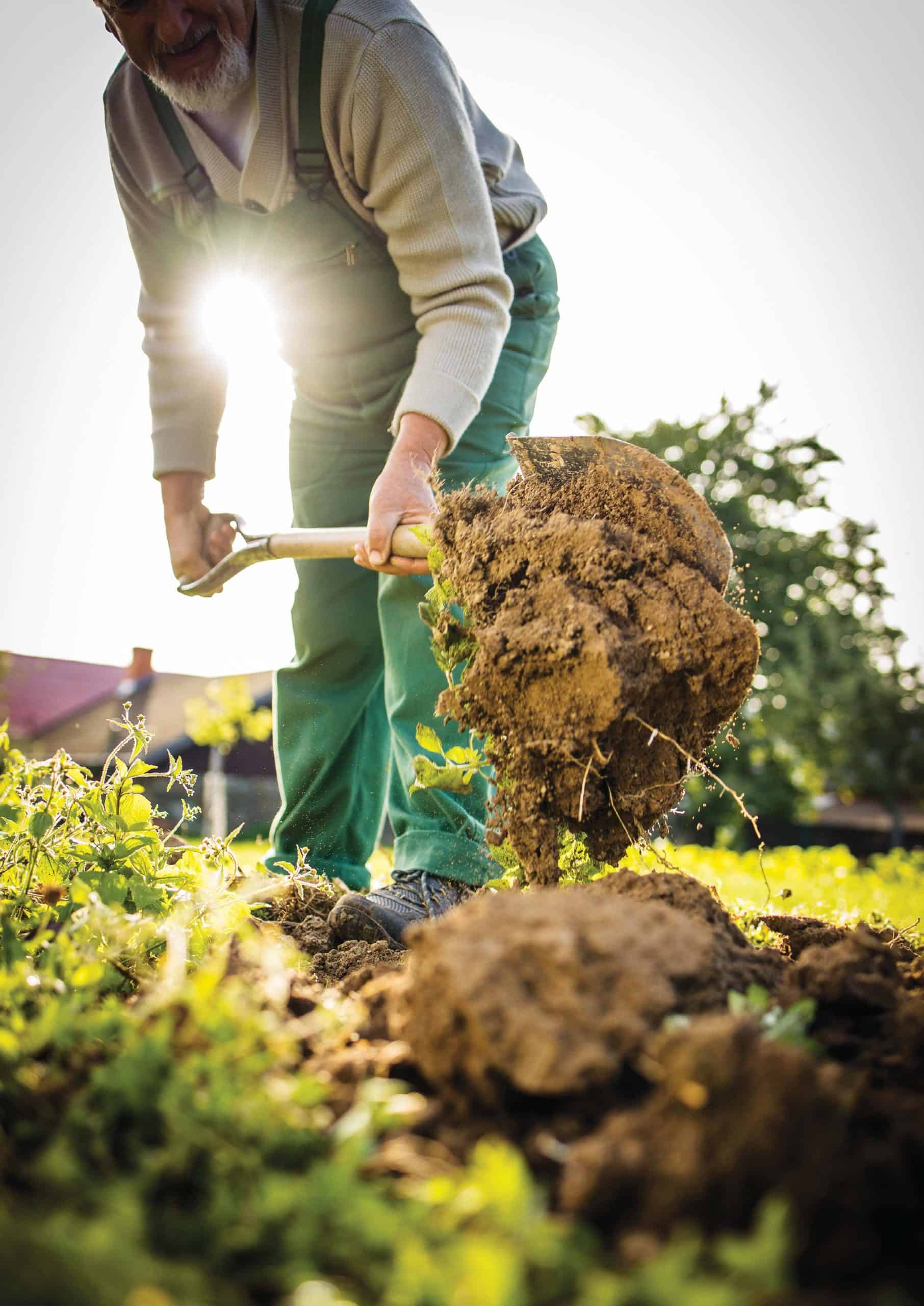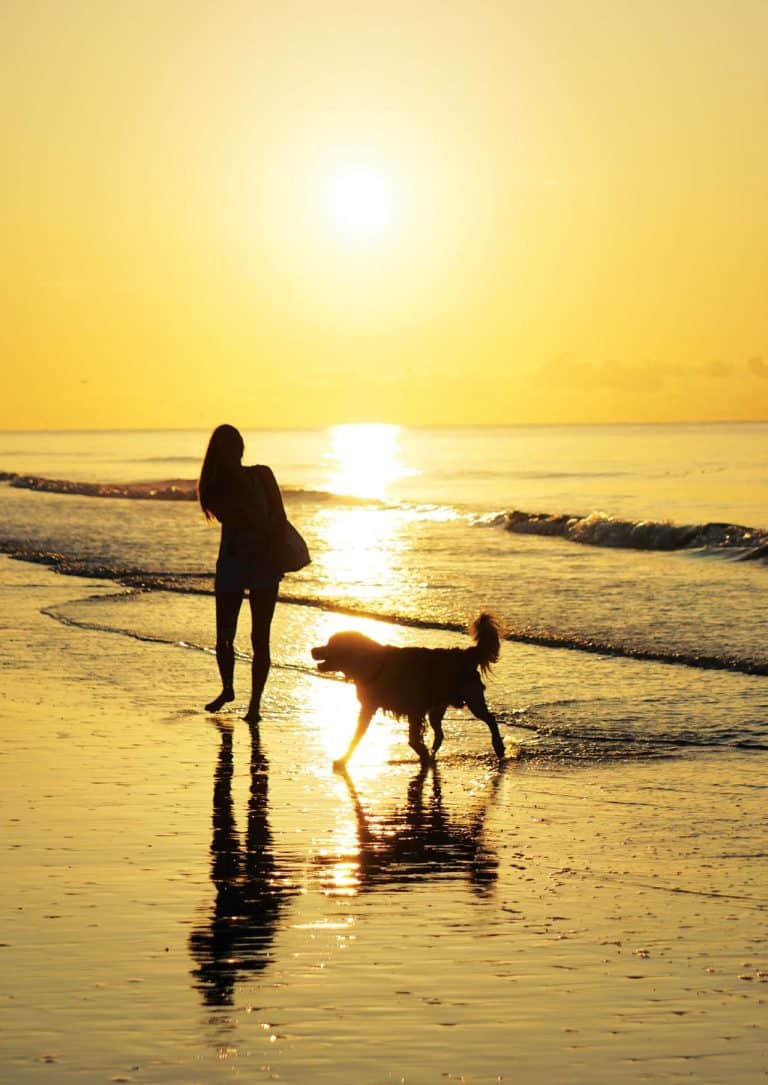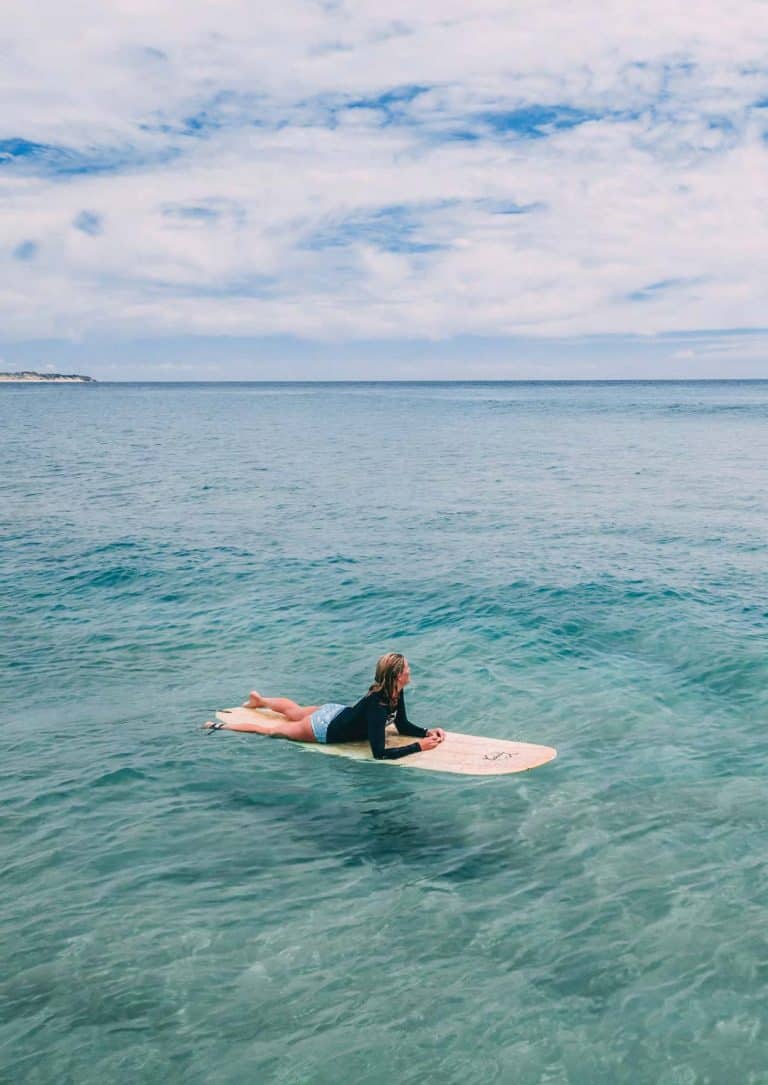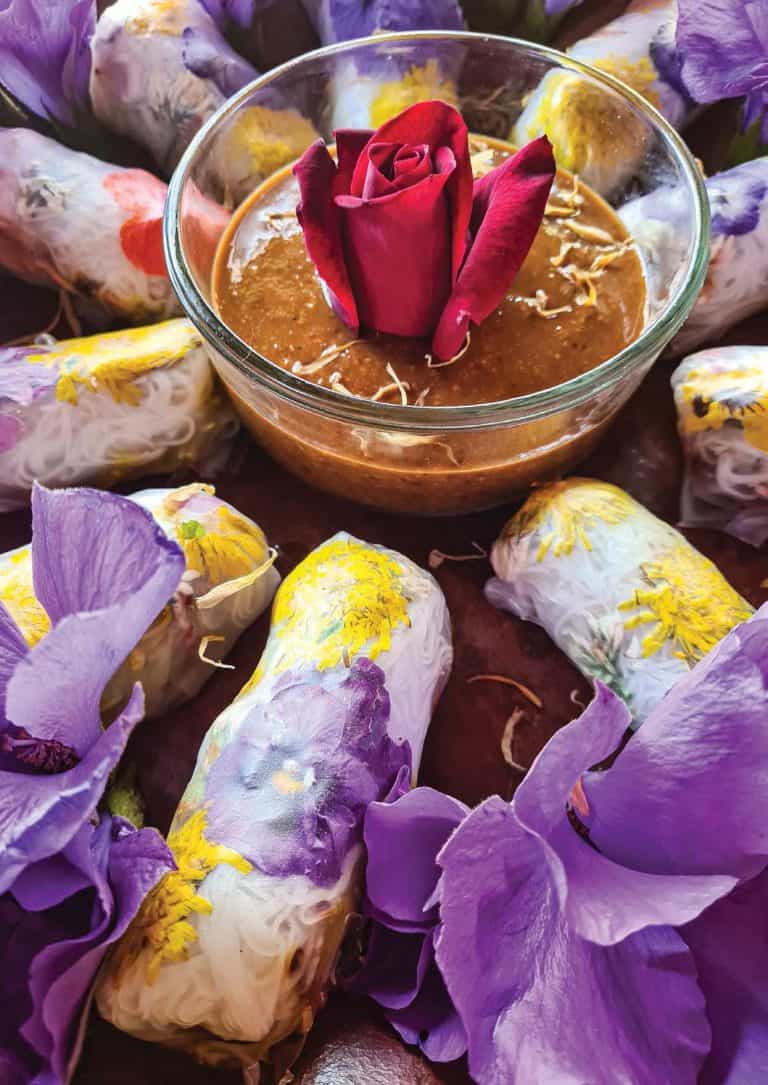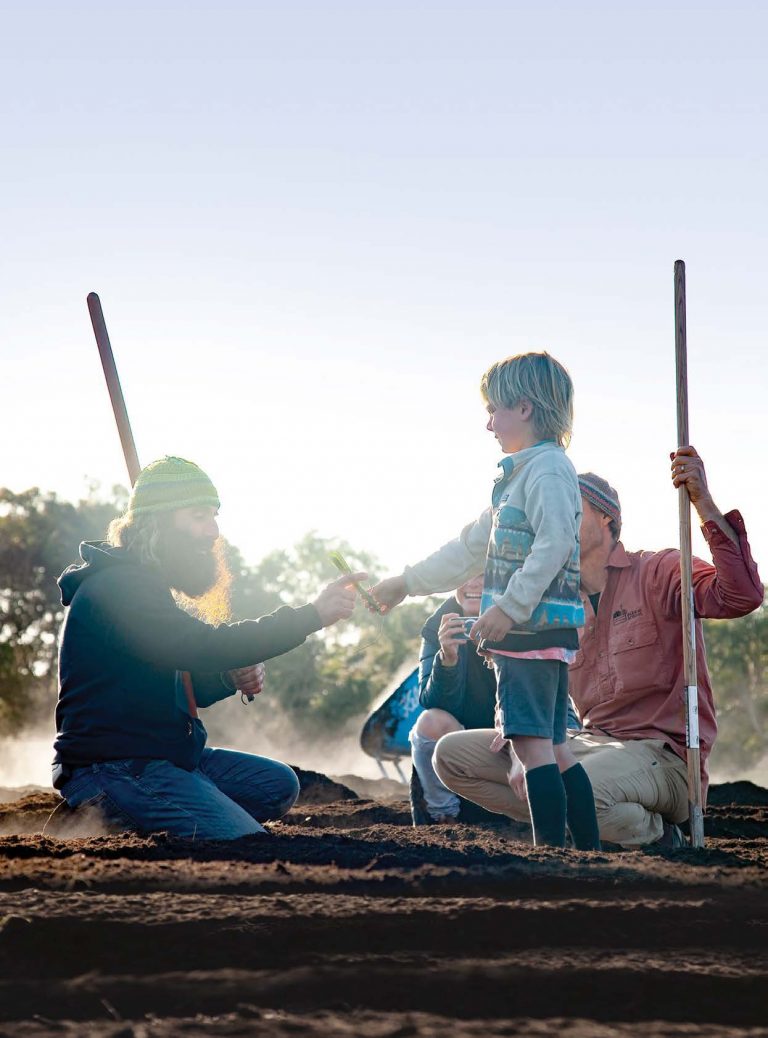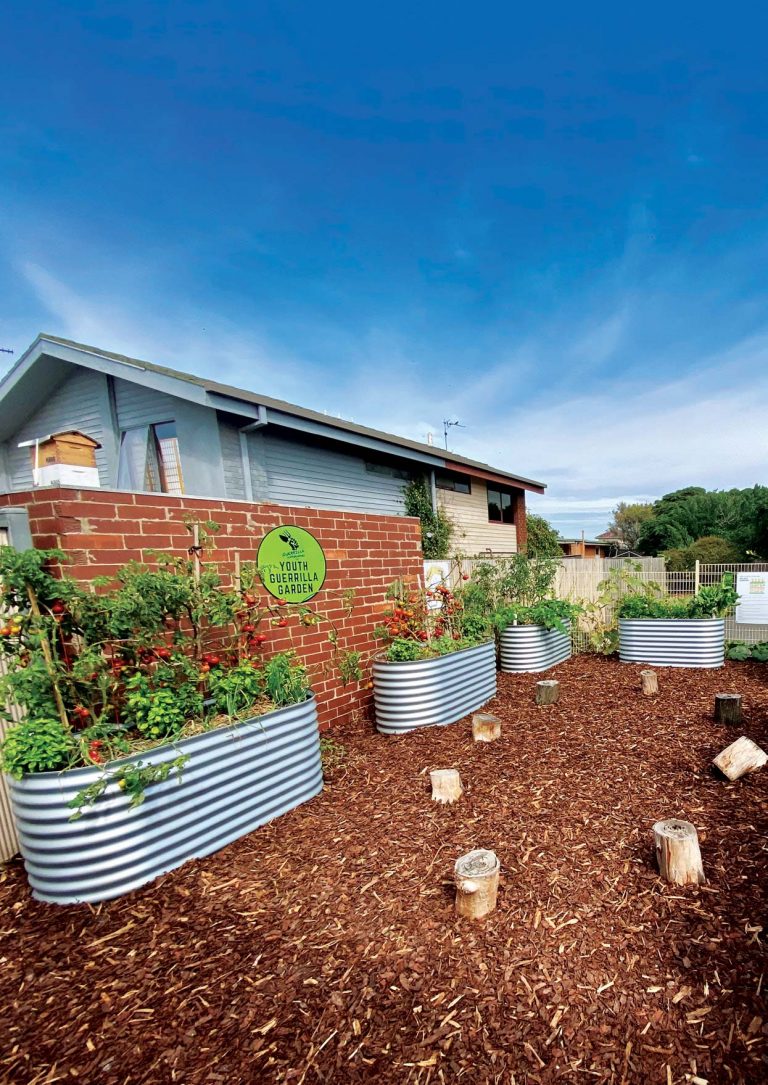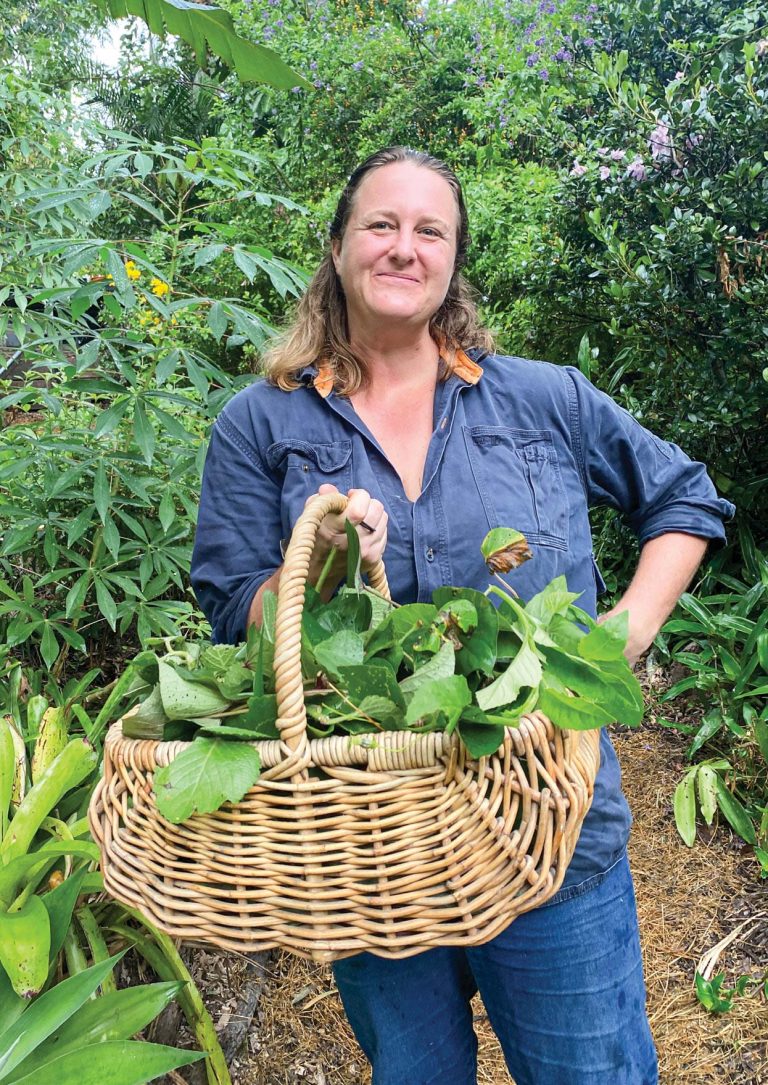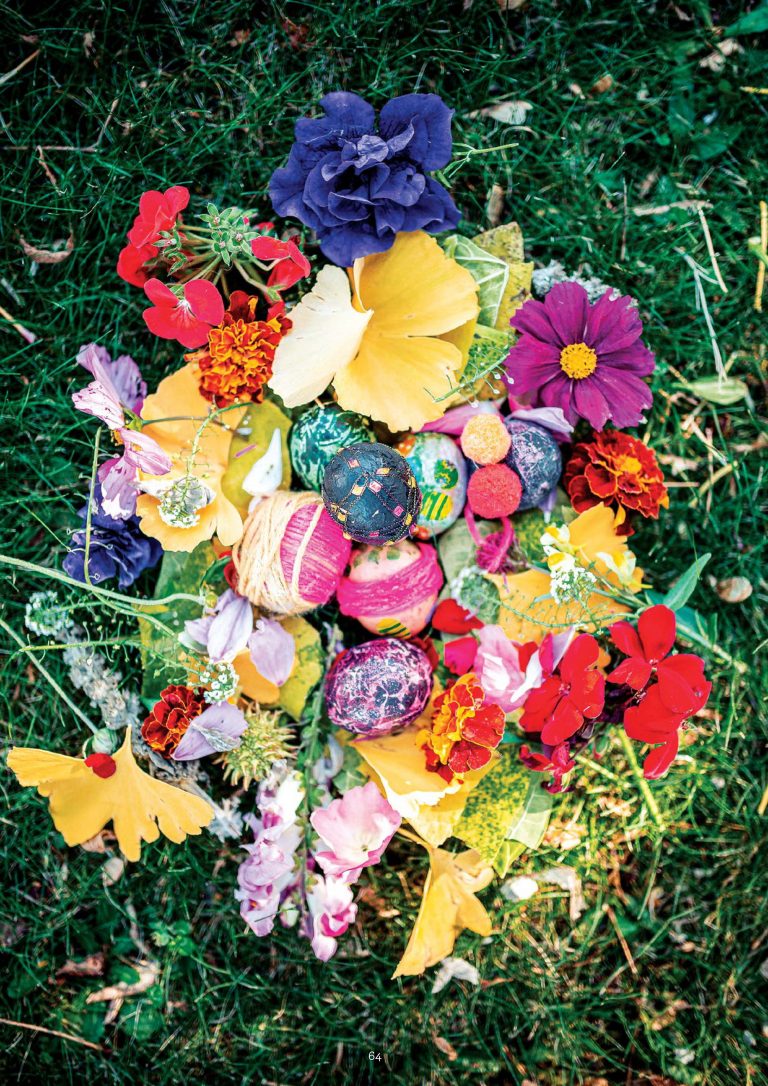RADICAL REST – Follow nature’s lead and allow yourself to slow, rest and recharge
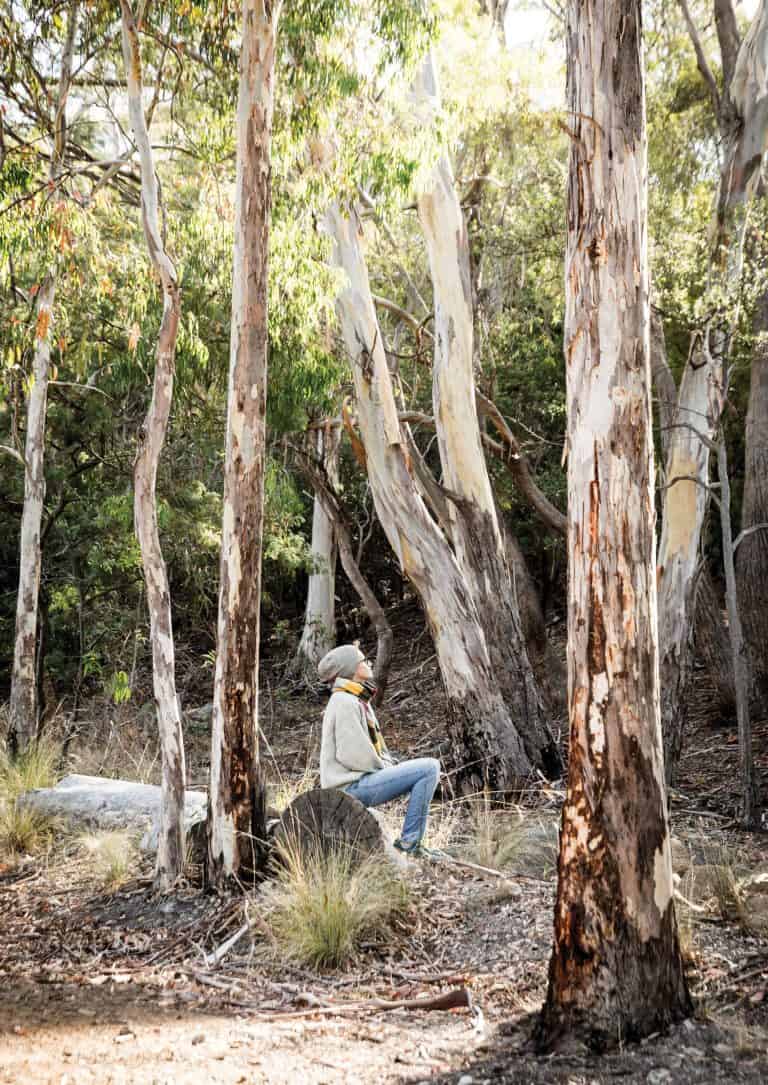
Like nature all around us, we’ve had a busy autumn. We have been frantically storing autumn’s bounty, socialising in the warm weather and ticking off to-do lists. We are ready to curl up in a warm spot and hibernate. But how do we surrender to rest, when it feels like there’s so much to do?
While our work has the incredible potential to be fulfilling and take us where our heart leads, it can sometimes become overwhelming and feel like there’s too much to do right now. Rest can slip right down to the end of the priority list, so it’s important to keep tabs on what working sustainably looks like for you.
We work in a world that celebrates toxic productivity, and we’re made to feel like resting is lazy and that we have to complete a heroic amount of work to deserve it. But we don’t. Rest is a right, not a reward.

